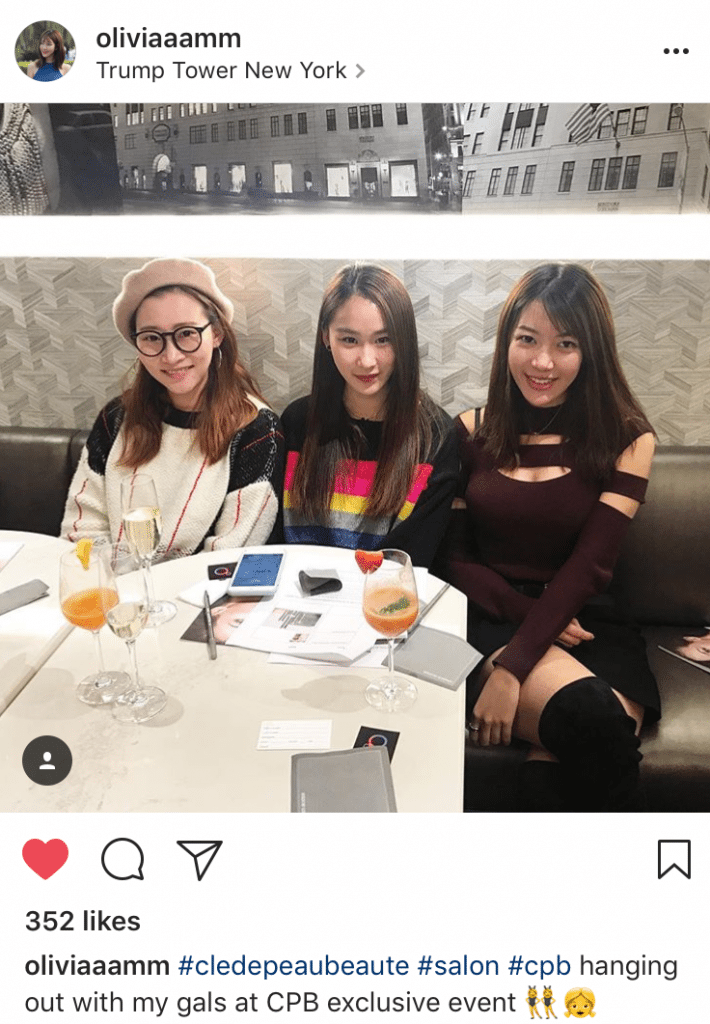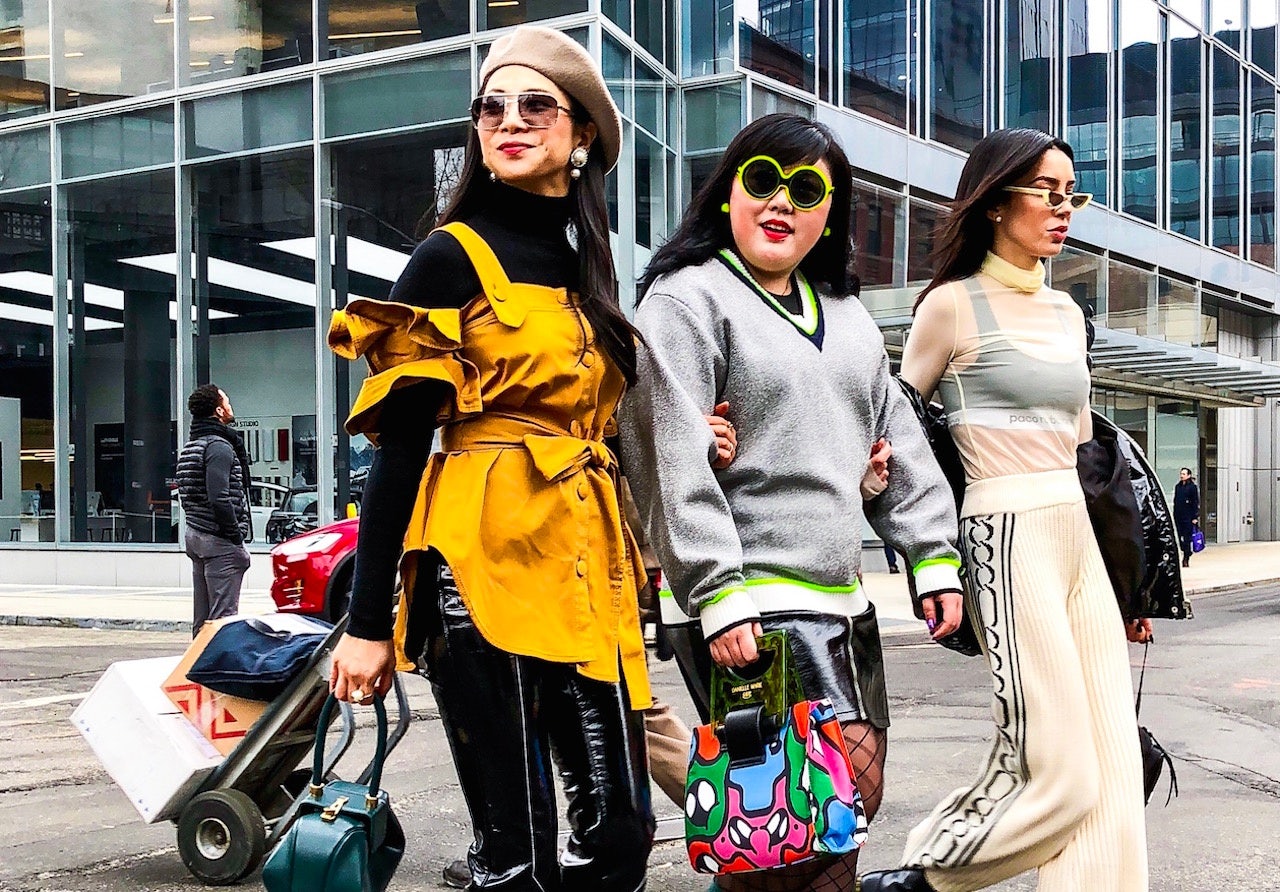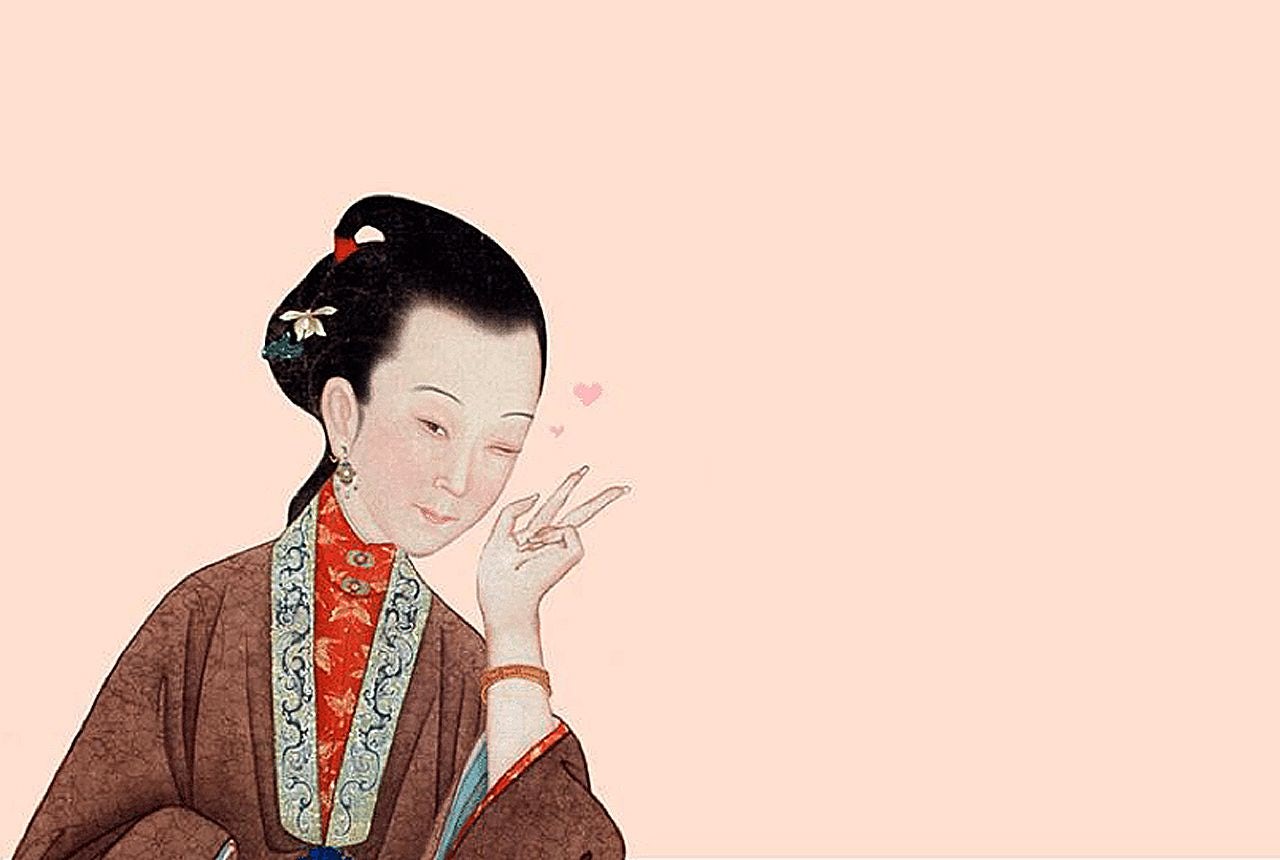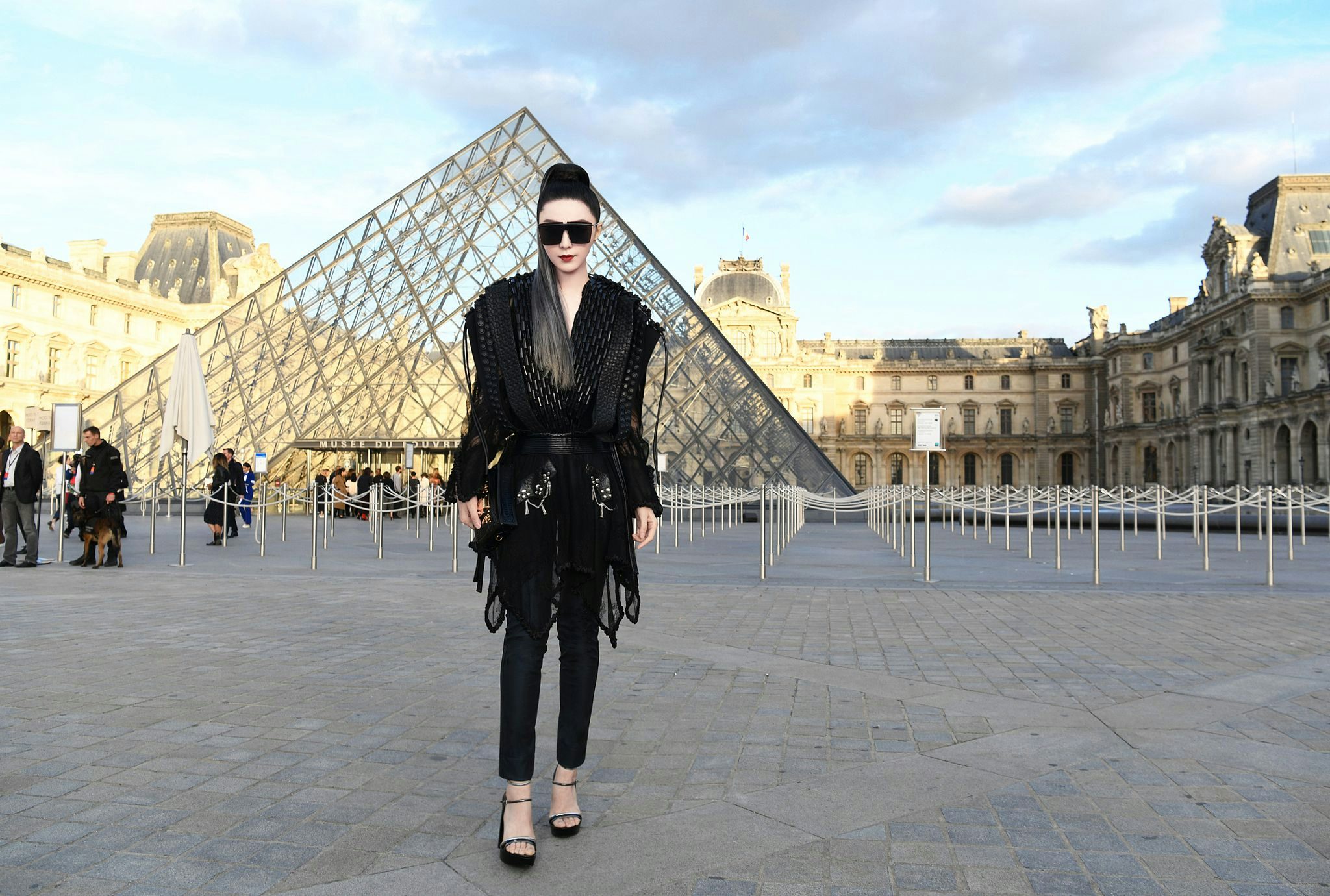With first-hand access to the latest trends from a wide variety of luxury brands, Chinese students abroad have become unofficial opinion leaders for their friends and peers back home.
According to a survey conducted by China Luxury Advisors, 31 percent of Chinese students in New York and Boston escort friends and family on shopping trips at least once every three months. Thirty-four percent purchased luxury goods to take back to China at a similar frequency.
This unique demographic has caught the attention of many retailers and brands. Bloomingdales and Bergdorf Goodman have sponsored Chinese New Year celebrations for local Chinese students, while brands host special fashion shows and even invite executives to give them advice on developing careers in the fashion industry.
The Micro-influencers With Major Appeal#
Many Chinese kids studying abroad fit the description of second-generation rich kids, otherwise known as fu’er dai, born in the late 80s or early 90s to wealthy Chinese business people. They're easy to spot at universities, dressed head to toe in luxury goods, perhaps driving a Porsche around campus. They are often seen as the embodiment of corruption in China.
But times have changed, and many Chinese students have become more careful about what they buy, according to Charlie Gu, Director at China Luxury Advisors. They often look for smaller, independent designer brands that can showcase their personality and individuality.
Scarlett Hao is an NYU student with a strong following among Chinese student in the United States. Hao said she first started sharing fashion content because she noticed there were no plus-size Asian fashion bloggers. She felt a responsibility to pass on the concept of body positivity to her fans.
The gradual diversification of styles and attitudes among Chinese people at home and abroad means brands can no longer treat them as a monolithic group.
“Many luxury brands or shopping centers connect with student groups in a one-note fashion,” said Nancy Hsieh, a dual culture luxury advisor at consulting firm Goldlinq. “They will provide sponsorships for the student association and a free shuttle to their centers. And it stops there.”
But Chinese students abroad “want to be part of experiential events and activities that are part of the luxe American experience,” said Hsieh.
For consumers who are increasingly skeptical of celebrities endorsements, a campaign that draws in student micro-influencers can come across as more authentic.
A Long-term Investment#
Luxury beauty brand Clé de Peau Beauté identified fu’erdai as a consumer segment to target through their research. They further define the segment as women under 35 who are born in China, come from a family with more than 500,000 yearly household income, and are currently enrolled in graduate or undergraduate programs.
In order to gain more insights from this group, Clé de Peau Beauté organized an exclusive event. They invited 15 female Chinese students to a cocktail reception, where they introduced the brand's heritage and upcoming product launches and concluded with a Qamp;A.

“We know that we couldn’t hold a regular kind of boring focus group,” said Jennifer Coppolino, the director of market insights and consumer engagement at Clé de Peau Beauté. “We didn’t think they would be interested in sitting around a table for a couple hundred dollars to talk for a couple hours. They are interested in luxury events, an opportunity that would be fun to tell their friends about on Instagram, so we created an environment that feels more social.”
When asked about the results, Coppolino said the research “has impacted every piece of the marketing world,” from product decisions to in-store sales strategies and WeChat programming.
“Sometimes it’s hard for brands to generate results, and some give up after one try,” Gu from China Luxury Advisor echoed. To generate enduring sales from Chinese students abroad, he said, “it ultimately depends on the long-term relationship."



